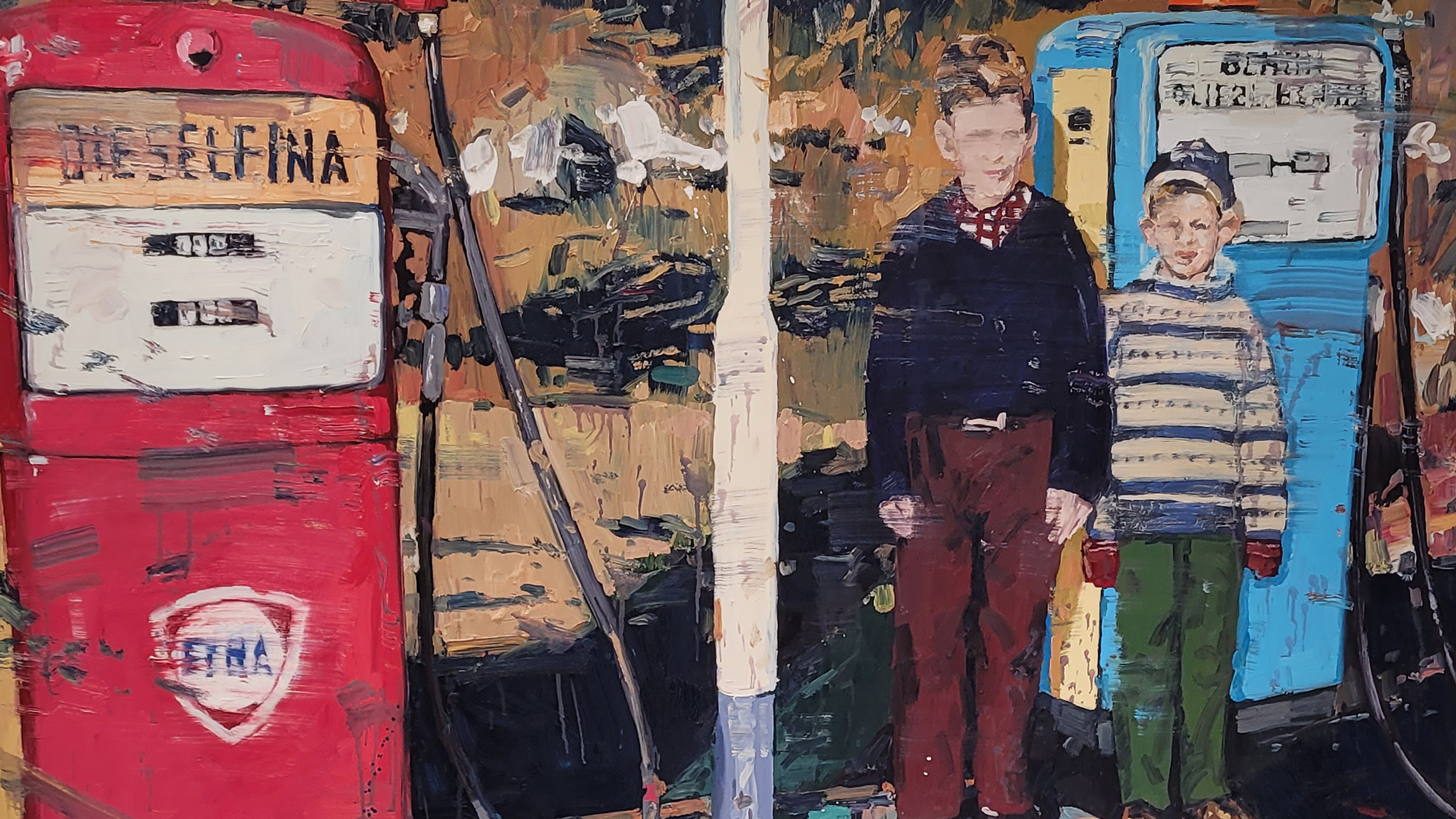Oil kid
 Photo: Tor-Arne Moen
Photo: Tor-Arne Moen
Norway didn’t become an oil nation because we were lucky.
People often say we got something undeserved, that we’re a humble and unsophisticated folk who’ve stumbled on an oil mountain where we sit and incubate our petroleum wealth.When Norwegian law of the sea expert, diplomat and politician Jens Evensen secured Norway a disproportionately large share of the rights to the continental shelf, you could say we were lucky. That the oil should lie precisely in our seas can in any case be put down to chance.
From then on, though, it’s been all about commitment, sacrifice and eventually expertise – not luck.
The Norwegian oil wasn’t easy to get at. On the contrary, it lay below ground in a rough, deep sea. Technology for recovering it didn’t exist, nor did the model for gaining the greatest possible national control over the new resources. And the method for ensuring that the oil created prosperity was absent.
For 20 years, Norway as a state devoted much of our national resources to building up this industry, to creating the technology and to building models intended to ensure that the Norwegian mainland benefited from the oil.
Over the same period, the union movement in the petroleum sector took the lead in improving conditions for those working on land and offshore. Personnel there led the way in radical, nationwide campaigns for social reforms and solidarity.
Being an oil worker on the NCS is a high-pay job, with high status in western Norway. Just across the boundary in the British sector, it’s regarded as a poorly-paid rubbish job.
And the government borrowed money for 20 years to finance what was to become future revenues. During these years, the country moved from knowing nothing about oil to being a world technology leader.
It’s untrue that Norway isn’t a knowledge nation. It’s just that the knowledge we’ve built up can’t be converted into pleasant chatter on Friday night TV.
Extract from Oljeunge (Oil Kid) by Aslak Sira Myhre, published in Herskap og tjenere (Upstairs, Downstairs), 2010, Forlaget Oktober
(Reproduced by permission)
Milestones for safety in the 60s:
1965: First licences to prospect and drill for underwater petroleum deposits on the NCS. Safety requirements included in the terms.
1966: First wildcat on the NCS.
1969: Ekofisk field discovered.
Get the hard copy
Do you want to receive the special edition of "Dialogue" for free? Send an e-mail to dialog@ptil.no.